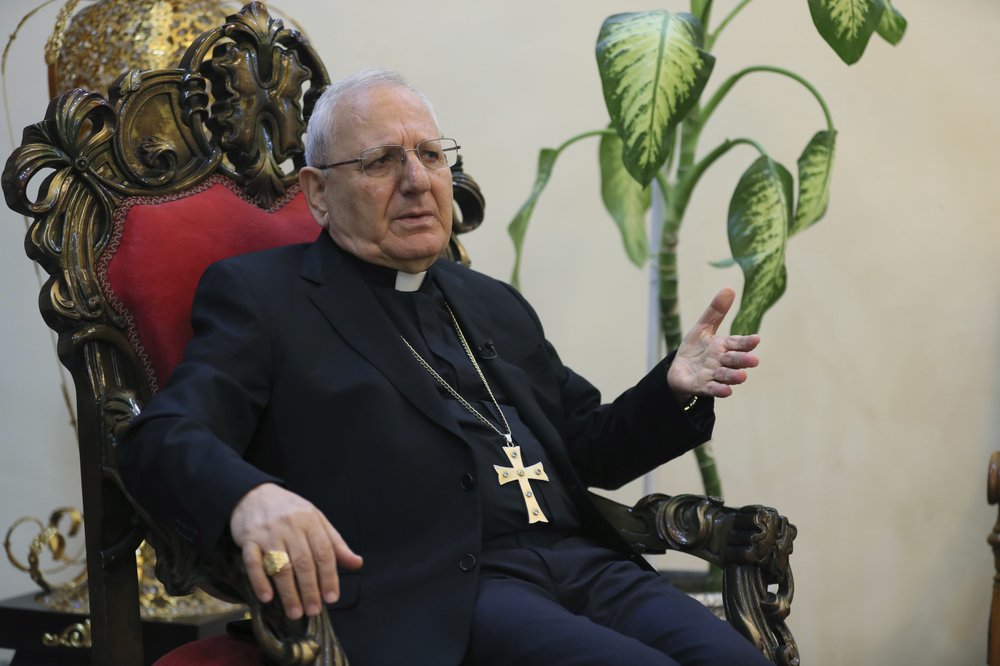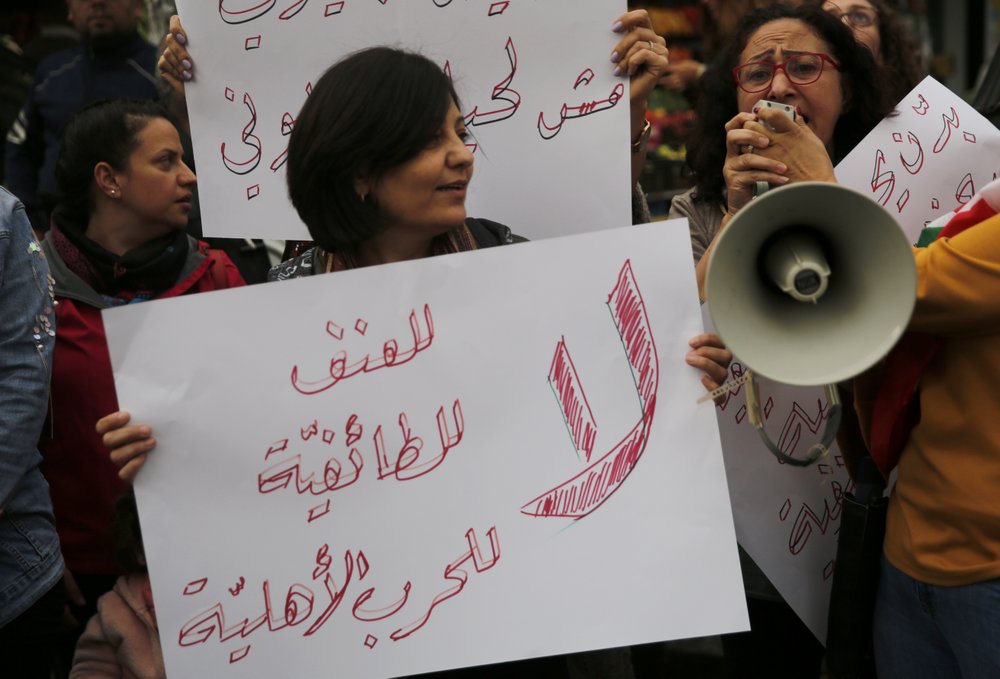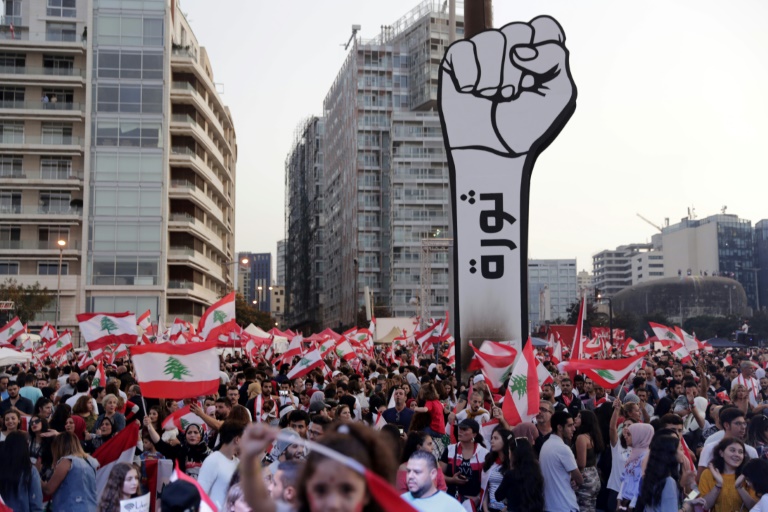In today's media coverage, Al-Wafd newspaper refrains from fueling the fire of speculation over the controversial sacking of Al-Dostour dissident editor-in-chief Ibrahim Eissa. The newspaper is the mouthpiece of the liberal Wafd Party, headed by publisher of Al-Dostour and suspected engineer in Eissa's sacking Sayed al-Badawy.
The silence in Al-Wafd over Al-Dostour's crisis wasn't exceptional. Surprisingly Nahdet Masr newspaper, privately owned by media mogul Emad Adib, opted also to not cover the issue of the hour in Egypt.
For more than ten years Eissa has been an outspoken critic of President Hosni Mubarak and his ruling National Democratic Party. He showed a defiance arguably unrivaled in Egypt's media landscape.
Many analysts consider Eissa's dismissal, coming after the cancellation of two government critic talk shows, part of a government designed strategy to crackdown on critics in the private media before the upcoming parliamentary and presidential elections.
However, state-owned Al-Ahram chooses a different angle to look at the issue by focusing on prevailing misconduct in Egyptian private newspapers.
According to the paper, journalist Abdel Mohsen Salama, board member of the Journalists Syndicate, argues that "despite huge contribution made by private newspaper in the press market…it has become a mere commodity offer to be sold for anyone who pays more".
In its coverage of the same issue, privately owned Al-Shorouk provides more details about Eissa's sacking. The paper says the editor garnered the support of former head of the UN nuclear watchdog and presidential prospect, Mohammed ElBaradei. Al-Shorouk also says ElBaradei's article on the 37th anniversary of the 1973 October war with Israel was the reason for Eissa's move.
Also Wael Kandil, manging editor of Al-Shorouk, writes about the issue in his column with the headline "Operation Hunting Ibrahim Eissa". Kandil indicates indirectly that the aim of selling Al-Dostour to Wafd Party's president Sayed al-Badawy intended to change the character of the Mubarak regime's "annoying newspaper."
Aside from the Al-Dostour crisis, Egypt's print media concentrates much of its Thursday coverage to commemoration of the 37th anniversary of the 1973 October war, covering five main categories: historical outlook over the war and its surrounding, the role played by president Mubarak, recalling the "October Spirit"–when Egyptian society (Muslims and Christians) was united behind liberating Sinai– and the newly declassified documents from the Israel State Archives.
In an opinion piece, writer Gamal Afify argues that after the six days war in 1967, Egypt and the Arab World discovered aspects of their "civilizational backwardness". Those deficiencies were overcome after the Egyptian army proved it can fight in a modern way in.the 1973 victory, according to Afify.
In other coverage of the war commemoration, Israeli Defense Minister in 1973 Moshe Dayan is not the only individual to have his image shattered because of the declassified documents. Privately owned Al-Shorouk reviews the most important information in the documents. Quoting from the Israeli newspaper Haaretz, the documents show the close ties between King Hussein of Jordan and Israel's leadership on the eve of the war.
In other news, a joint statement issued by Al-Azhar Grand Imam Sheikh Ahmed al-Tayeb and Coptic Pope Shenouda III, condemning attempts to foment sectarian tensions between Muslims and Christian, is a main headline in today's papers.
The joint statement aims to ease the tensions exacerbated last month when Bishop Bishoy publicly challenged the authenticity of certain Quranic verses.
On its front-page, Al-Wafd newspaper reports the Coptic Orthodox Cathedral ordered a ban on the planned demonstrations supporting Pope Shenouda III. Al-Shorouq reports some Salafis are organizing demonstrations against Bishoy's remarks during Friday prayers tomorrow.
Al-Ahram publishes a piece by political analyst Nabil Abdel-Fattah that analyzes the current crisis facing religious thought.
Abdel-Fattah argues rigid interpretations of religious texts and authoritarianism's dominance in Egypt are reasons for the contemporary fanaticism–something deeply rooted in modern religious discourse.
Abdel-Fattah writes that political and religious authoritarianism have lead to policing the public sphere where intellectuals and religious figures are trying hard to deprive individuals from liberal expression.
Al-Shorouk publishes big features on an Islamic center that prepares Muslims to fight Christian missionaries and an initiative aimed at bridging the widening gap between Muslims and Christians.
Journalist Amro Ezat investigates the "Islamic Enlightenment Center", established in 1997, which seeks to exhort Muslims to fight, what is perceived to be, rising evangelism in the Egyptian society.
Abu Islam, founder of the center, argues that giving Christians the freedom to preach in Egypt is simply "barbarianism" because they are a minority, according to the paper.
The other feature, written by journalist Abdel Rahman Moustafa, focuses on efforts to bring Muslims and Christians together in order to instill tolerance in Egyptian society.
The last remaining topics in today's paper is the preparations made by the various political players ahead of next month’s parliamentary elections.
Al-Wafd reports on the political divide facing the Muslim Brotherhood (MB) because of its position toward election participation.
According to the paper, some influential members of the MB denounced participation because it would give legitimacy to anticipated fraud orchestrated by the ruling National Democratic Party (NDP).
Other members of the MB, the group that took 20% of the seats in the 2005 elections, believe that an electoral boycott would harm the group by enabling the NDP to get an absolute majority without contest.
As for the NDP, Al-Shorouk gives special focus to the clashes over parliamentary prospects within the party.
In many governorates, particularly Asiout, members of the NDP engaged in physical scuffles while surrounded by large number of security forces.
Egypt's papers:
Al-Ahram: Daily, state-run, largest distribution in Egypt
Al-Akhbar: Daily, state-run, second to Al-Ahram in institutional size
Al-Gomhorriya: Daily, state-run
Rose el-Youssef: Daily, state-run, close to the National Democratic Party's Policies Secretariat
Al-Dostour: Daily, privately owned
Al-Shorouk: Daily, privately owned
Al-Wafd: Daily, published by the liberal Wafd Party
Al-Arabi: Weekly, published by the Arab Nasserist party
Youm7: Weekly, privately owned
Sawt el-Umma: Weekly, privately owned




